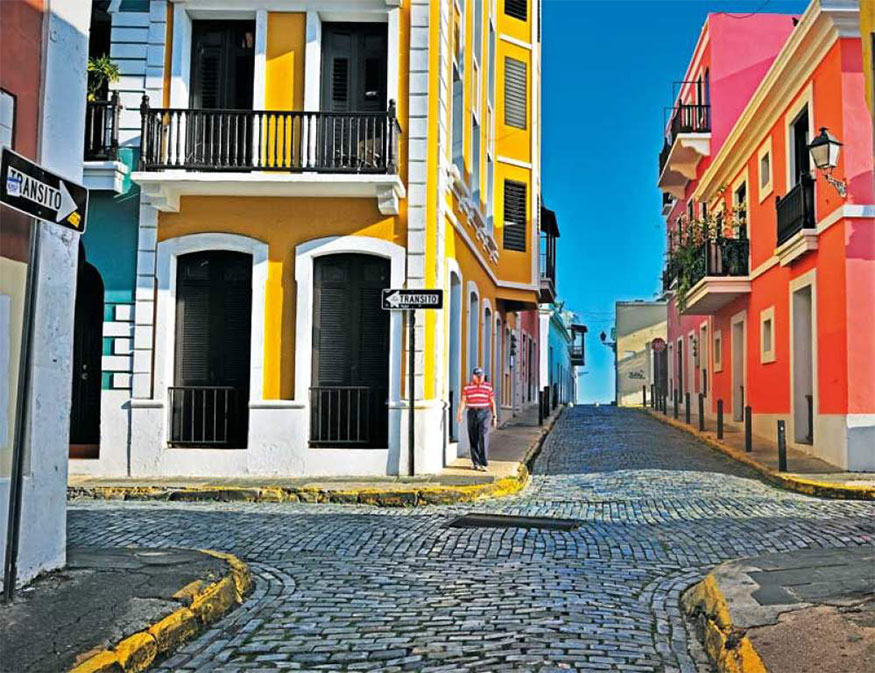
In a departure from their usual base in Boston's Seaport district, judges on the US Court of Appeals for the First Circuit convened in San Juan, Puerto Rico, for their twice-yearly sittings. Despite the allure of San Juan in winter, the change of venue brings about complexities and a packed schedule. The presence of the federal court in Puerto Rico, a practice dating back over 70 years, is meant to emphasize the island's integration into the First Circuit. However, this dynamic has sparked tension among locals, with some expressing resistance to what they perceive as an imposition of a foreign legal system and language.
The First Circuit's presence in Puerto Rico has raised questions about language barriers and the imposition of federal law on a population where 95% of citizens don't speak English at home. The use of English in federal courts, including the requirement for jurors to understand English, has been criticized for potentially skewing juries toward a more educated and wealthier demographic. Some attorneys refuse to practice federal law as a protest against what they see as the US government's colonial power.
The local bar association, El Colegio de Abogados de Puerto Rico, advocates for the federal court's absence on the island, arguing that it subjects citizens to an alien legal system and language. The cultural and linguistic divide has led to moral dilemmas for some attorneys, questioning their participation in a legal system they oppose.
Tensions have intensified in recent years, particularly regarding the First Circuit's role in cases related to the Puerto Rico Oversight, Management, and Economic Stability Act (PROMESA). The law, enacted in 2016, aims to address Puerto Rico's substantial debt through a Financial Oversight and Management Board. The First Circuit plays a crucial role in confirming the board's plans, leading to resentment and legal challenges from some quarters.
The court's influence on local cases is evident, as seen in a recent ruling on sentencing related to crime on the island. The split en banc opinion raised criticism from organizations like the ACLU and the NAACP Legal Defense and Educational Fund for allegedly relying on "demonstrably false views about violent crime rates in Puerto Rico."
Despite the tensions, many Puerto Rican lawyers find satisfaction in the federal court's relationship with the island. The ongoing debate reflects broader issues related to language, legal systems, and the complex interplay between federal oversight and local autonomy.
